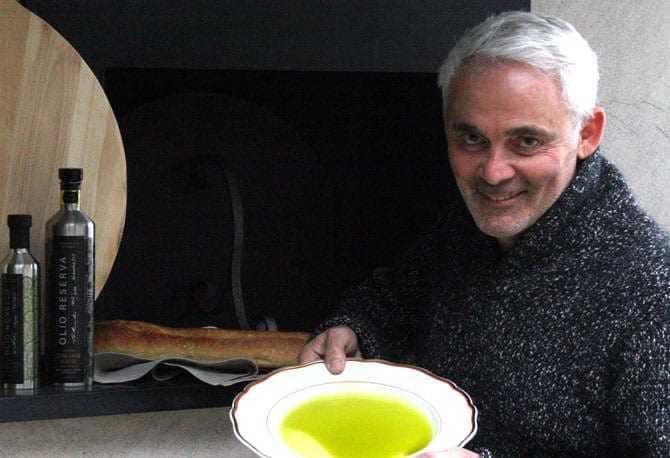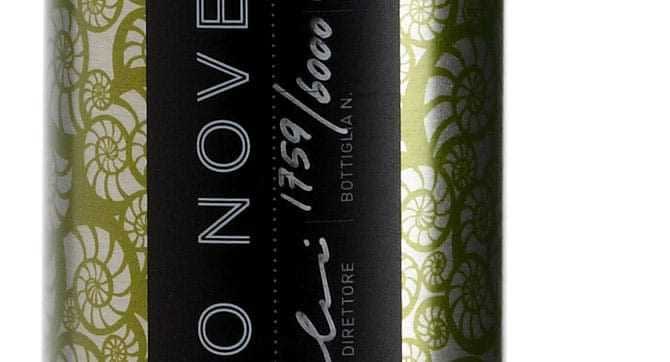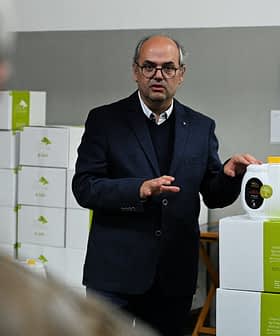
For billionaire Frank Giustra, investing in the olive oil industry is not a hobby. He has faith that the industry will adhere to quality standards and that consumers will learn to better discern quality, and be willing to pay for it.
Giustra said that until a few years ago, he knew nothing about olive oil. Like everyone else, he would just grab a bottle from grocery shelves. That was the case until he and his family visited a friend’s villa in Orvieto, Italy and tasted olive oil pressed from her trees. Giustra realized that her oil was vastly better than any he had ever tasted.
Giustra brought samples of Orvieto oil home to Canada and invited food experts to his house to blind taste test the Italian oil against expensive oils purchased from store shelves. The Orvieto oil was a clear favorite. Giustra, a mining investor, founder of Lionsgate Movie Studio and philanthropist suddenly made himself a new goal: to get into the olive oil business.
Giustra purchased groves in Orvieto and hired master producer Cesare Bianchini to run the farm. In 2013, the second year of production, Giustra entered his Domenica Fiore oil in the New York International Olive Oil Competition and earned the highest score out of the nearly 700 entries.
Giustra said that when he started the commercial operation, he was “determined to create something spectacular.” The olive trees were already in a perfect location — an ancient seabed rich with minerals and planted on a hillside above the level where fruit flies lay their eggs.
He and Bianchini set out to “eliminate all the variables we could control.” They hand-pick early (in October) when the olives are higher in polyphenols and flavor and press the oil within four hours of harvest. The holding tanks are nitrogen sealed to prevent oxidation, and the oil is bottled in nitrogen-sealed, stainless steel containers to control temperature and eliminate light.

Such attention to detail is costly. The oil is extremely expensive to make and because the groves are relatively small, there are no economies of scale. As a boutique player, Domenica Fiore is competing against large olive oil producers who “do not go to the same efforts and who blend with sub-par ingredients,” said Giustra. The difference in the cost of grocery store oil and boutique oil is very big, indicated Giustra, who knows that he will lose money in the short-term.
As a successful financier, one might wonder why Giustra would choose to invest in a business where it is difficult to make a profit. Giustra views his olive oil venture as one with long-term potential. He believes that the market for quality oil is “exploding worldwide” and since olive oil can only be made in certain places in the world, the supply is limited. Those who make the absolute best oils will find their market and will be able to price it appropriately, said Giustra.
Giustra sees the olive oil industry in a similar place to where the wine industry was 20 years ago. Public acceptance of boutique olive oil and its higher prices are in an early phase. It will be an uphill climb and will require change in industry practices and consumer education. Giustra believes that “we need to embarrass the large companies” that are selling fraudulent oil and need to educate consumers.
Giustra experienced his “ah-ha” moment when he took his first taste of Orvieta olive oil. Since then, he has been passionate about sharing his new-found love with the world. Giustra named his oil Domenica Fiore, in honor of his Italian-born mother who instilled in him an appreciation for a fresh, healthy food. Wherever he travels, he carries a bottle of his premium oil with him to share with people he meets.








